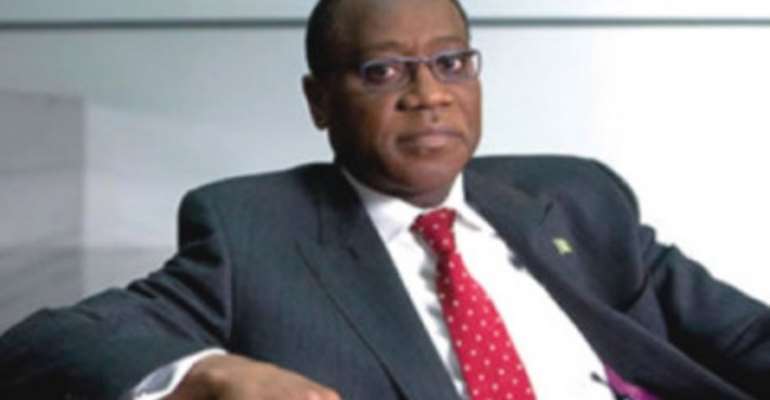FG secures N15.36tn investment commitment

The Federal Government on Friday said it had, within the last two years, secured an investment commitment of $96bn (N15.36tn) from both local and foreign investors.
The Minister of Industry, Trade and Investment, Mr. Olusegun Aganga, stated this during the third annual seminar organised by the ministry.
The seminar with the theme, 'Leveraging sustained economic gains for a successful enterprise nation,' provided an opportunity for the ministry to highlight some of its achievements and the challenges in the last one year.
Aganga said the commitment for the $96bn investment was secured from investors who showed an interest in key sectors of the economy.
The minister named some of the sectors as power, oil and gas, railway, petrochemical and sugar refining.
'We have pipeline investment of about $96bn, which we are following up. This will be invested in areas such as power, refinery and petrochemical,' he said.
The $96bn investment commitment, he added, included the $1bn to be invested by General Electric in the power sector; the Dangote's $9bn investment for the refining of crude oil as well as other commitments from China.
“Working with other relevant government agencies, we would ensure that a huge part of the investment commitment became a reality.
“The huge investment inflow into the country was a demonstration of the confidence that local and foreign investors had in the Nigeria's investment climate”, he said.
Aganga disclosed that for the first time in the history of the country, a comprehensive National Industrial Revolution Policy was formulated and approved.
The policy, according to him, will be inaugurated soon to revolutionise the country's investment climate and position it as one of the best places to do business globally.
He said for the first time, industrial policies were being formulated in sectors where the country had competitive and comparative advantages, adding that it was one of the viable ways to encourage the exportation of made-in-Nigeria products.
He also said some of the obsolete laws affecting business in the country were currently being reviewed to enable them to reflect the current economic realities.
